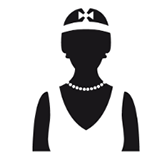Queen Maud University College of Health and Social Education (QMU or QMU Kristiansand) is a higher education institution located in Kristiansand, a city in southern Norway, focusing on education and research in the fields of health and social sciences. Here are some key information about Queen Maud University College:
Overview
Founded: 1948
Institutional Nature: Public
Main Campus Locations:
Kristiansand, Main Campus
Agder
History
Queen Maud University College was founded in 1948 and was originally established as a nursing school.
Over time, the college has gradually expanded its educational scope, added more professional directions, and established branches in several cities.
The school is named after Queen Matilda Louise Maria of Wales, the wife of King Haakon VII of Norway.
School Strength
QMU has about 4,500 students and about 350 faculty and staff.
Offers undergraduate and master's degree courses covering a variety of subject areas.
Enjoy a good reputation in the fields of nursing, physical therapy, occupational therapy, public health, social work, etc.
The school cooperates with many medical institutions, community organizations and social service agencies to provide students with internship and employment opportunities.
Educational philosophy
Emphasize the combination of theory and practice, and encourage students to develop skills through practical projects and service learning.
Focus on interdisciplinary cooperation, especially collaboration between different majors.
Attach importance to international education, recruit international students, and provide courses taught in English.
Committed to cultivating talents with social responsibility and high level of professional quality.
Subject setting
Undergraduate courses (Bachelor's degrees):
Nursing
Physical therapy
Occupational therapy
Social work
Public health
Master's degrees:
Nursing
Physical therapy
Occupational therapy
Social work
Public health
and other related fields of master's courses
English-taught courses:
Most master's programs are taught in English to attract international students.
Professional direction
Nursing: covers basic nursing, specialist nursing, nursing management, etc.
Physical therapy: including rehabilitation therapy, exercise therapy, pain management, etc.
Occupational therapy: involves daily living activities training, use of assistive technology, environmental modification, etc.
Social work: focuses on family services, community development, social policy, etc.
Public health: covers epidemiology, health promotion, disease prevention, etc.
Campus
Kristiansand Campus:
Located in the center of Kristiansand and surrounding areas, with convenient transportation.
The campus has modern teaching facilities, laboratories, libraries and social spaces.
Mainly concentrates most of the education and research activities.
International cooperation
QMU actively participates in international exchange programs and has established cooperative relations with many higher education institutions around the world.
Provide exchange student programs to promote students' international vision and cultural exchange.
As a member of the European Nursing Education Association (ENEA) and other international organizations, QMU has an important position in international health and social science education.
Fees
For EU/EEA students, QMU is usually free, but a small registration fee is required.
For non-EU/EEA international students, tuition fees vary depending on the major, generally between 6,000 and 14,000 euros per year. The specific fees should be consulted directly with the school or visit its official website for the latest information.
In terms of living costs, Kristiansand is relatively expensive, but you still need to consider the cost of accommodation, food and personal expenses.
Application requirements
Applicants usually need to have a high school diploma or equivalent.
For master's programs, a bachelor's degree in a related field is usually required.
You need to pass an entrance exam or interview to demonstrate your interest in the chosen major and your ability to work in a related career.
The English proficiency requirement is usually B2 level (according to the Common European Framework of Reference for Languages CEFR), and some majors may require higher levels.
-
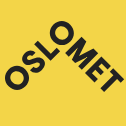
OsloMet - Oslo Metropolitan University
-
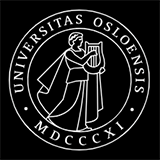
University of Oslo
-
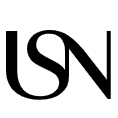
University of South-Eastern Norway
-
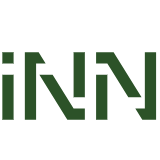
University of Inland Norway
-

Nord University
-
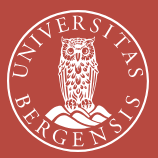
University of Bergen
-
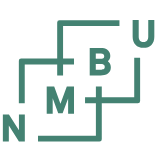
Norwegian University of Life Sciences
-

University of Stavanger
-

University of Agder
-
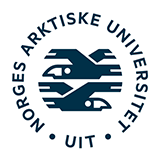
University of Tromsø
-

Mesoamerican University
-

Istmo University
-

Mariano Galvez University of Guatemala
-

Regional University of Guatemala
-

Galileo University
-

Francisco Marroquín University
-

Rafael Landívar University
-

University of the Valley of Guatemala
-

University of San Carlos of Guatemala
-

Technological Institute of Tlaxcala Plateau
-

Golfo University
-

Technological University of South Sonora
-

Technological University of Huejotzingo
-

Tizimín Institute of Technology
-

Chilpancingo Institute of Technology

